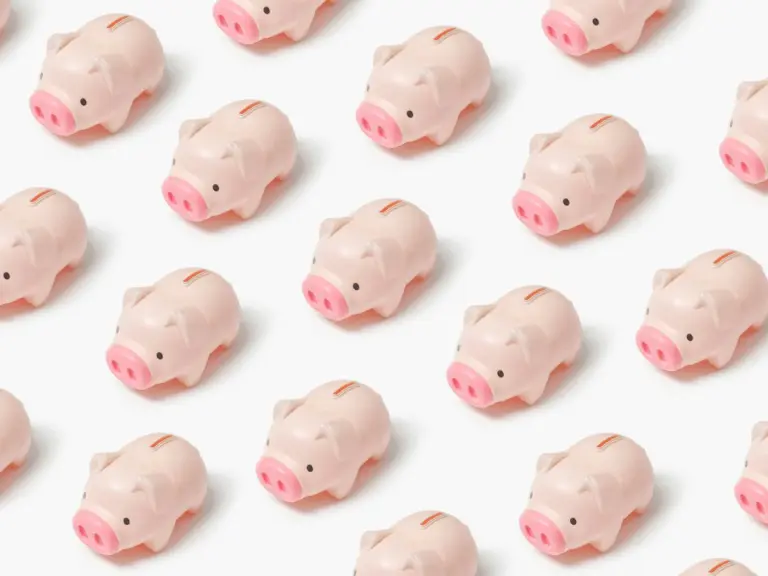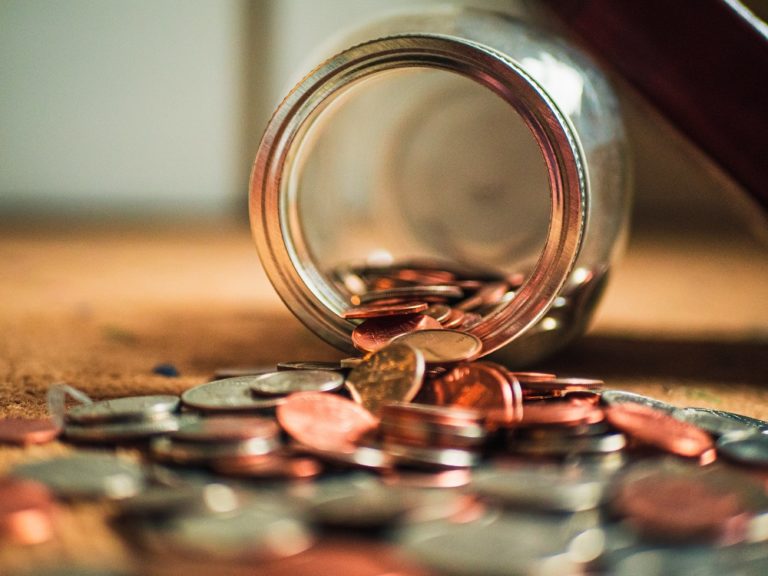Why you need an emergency fund
Money Talk is intended to inform and educate; it's not financial advice. Affiliate links, including from Amazon, are used to help fund the site. If you make a purchase via a link marked with an *, Money Talk might receive a commission at no cost to you. Find out more here.
The emergency fund is something that I reference all the time on Money Talk, often in passing.
But I think it’s a topic that’s deserving of a little more attention, especially for those who might not have one yet.
So in this post, I’m going to look at what an emergency fund is, how much money you actually need to save and how to make the most out of it.
Read this: How to build up your financial resilience
What is an emergency fund?
An emergency fund is a small financial cushion that you can fall on when an unexpected cost comes up.
Most people think of an emergency fund as a backup plan for when they unexpectedly lose their jobs, and need some money to tie them over until their next paycheck.
But it can be so much more than that.
For example, you may need to dip into it if your washing machine or boiler suddenly breaks.
Or if you get into a car accident and you only have third-party cover on your insurance but still need to get your car fixed.
Essentially, it’s a chunk of money that should cover a sizeable, unplanned expenditure.
While you’re meant to set the money aside for an emergency, realistically you can dip into it any time – as long as you’re also disciplined enough to keep it topped up.
How much should you save in an emergency fund?
Ideally, you should have enough money to cover six months of living expenses.
TopCV says that it takes an average of 3.8 months to find a job in the UK* – this starts from the day you update your CV to the day you accept your offer.
Then of course there might be a delay to starting your job, and certainly a delay until you get your first months’ salary.
Depending on your circumstances, you could shrink the amount of money you need down to three months.
If you have a partner and you share your finances for example, you’ll most likely be fine with a smaller emergency fund.
On the flip side, if you’re on your own, you may want to stretch that number to a year.
How to work out what you need for an emergency fund
To find out the exact amount of money you need, you’ll need to work out your monthly budget.
This will include things like your rent/mortgage, bills (gas/electricity, council tax, water, phone, internet and TV), food, travel and any other regular expenses.
Looking back over six months’ worth of expenditure is a good way to work out how much you need on average.
Then simply multiply that figure by the number of months you’re covering.
As an alternative, you can try this emergency fund calculator from Lloyds Bank.
Personally, I would revise the figure you get up by another 5 or 10%.
This should build a nice buffer for any unexpected costs if you do end up relying on your emergency fund because of a job loss. A sort of emergency, emergency fund if you will.
How do you make the most out of your emergency fund?
The whole point of an emergency fund is that it’s easily accessible so you can use it any time.
But not all savings accounts offer great interest rates (I’ve rounded up the best savings accounts here).
That’s why I personally prefer splitting the money.
I’ll keep a portion in an instant access account and a portion in a higher interest account that requires a short wait before the money is released.
Obviously how you split that money is entirely up to you but the instant access portion should be enough to cover any delay in releasing the rest of your money.
This post was originally published in March 2021. It was updated in .July 2024
Pin this for later








